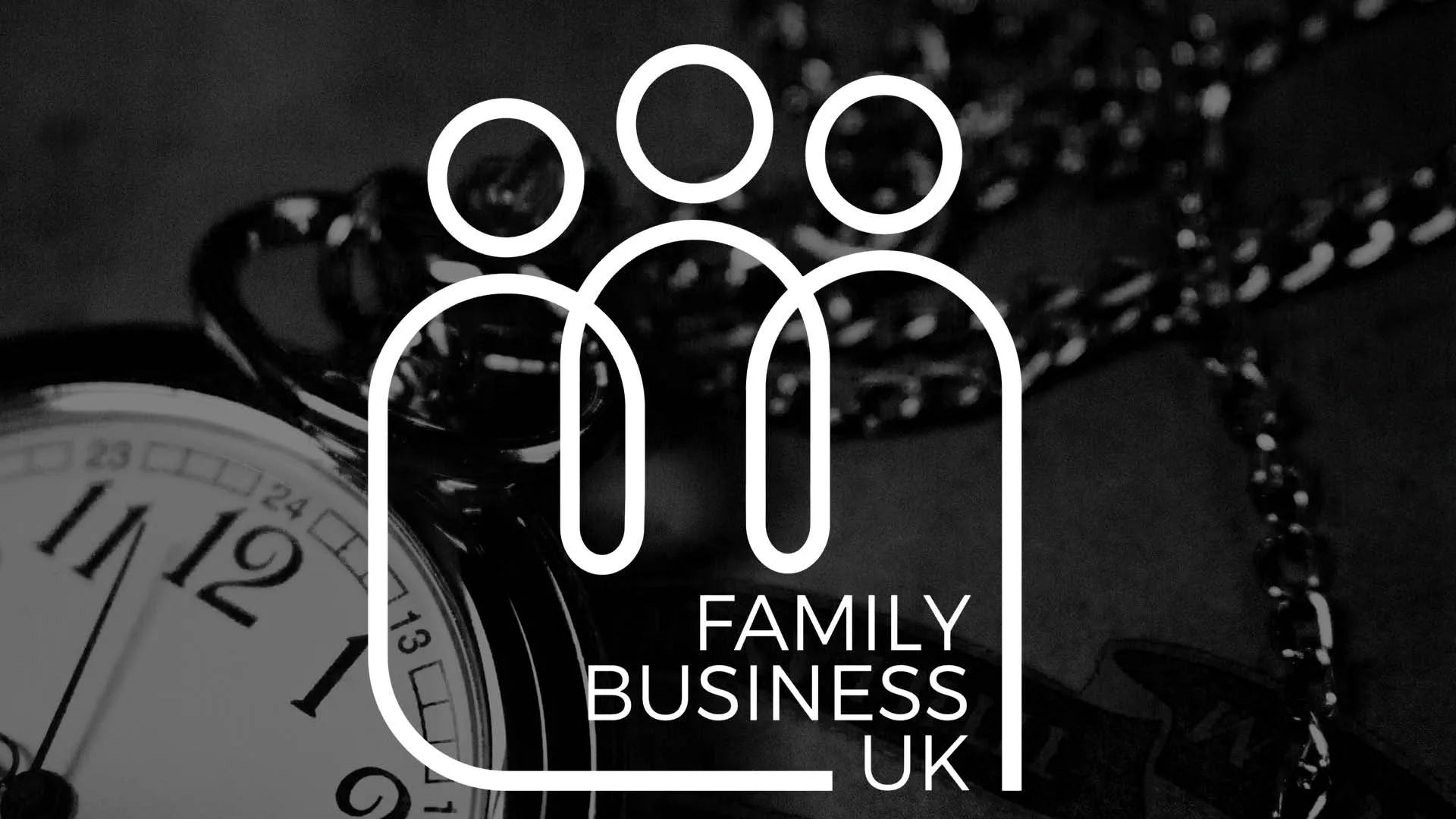Wills
To pass a company to the next generation, business owners should leave their shares to the desired beneficiaries under a Will. If an owner does not make a Will, the statutory rues on intestacy will apply, which may not give the preferred outcome in terms of who succeeds to the economic ownership of the business. The persons who would inherit under the intestacy rules may end up in control of the business or may not have the necessary skills to run the business, either of which could be disastrous for the business.
Key questions to consider:
- Does the business owner have a Will?
- Is the business owner’s Will up-to-date and reflective of their current wishes in respect of the future ownership of the business?
Constitutional documents
While shares in a company can be left under a Will, a Will cannot deal with how the business will be managed in the future. A Will cannot provide that certain beneficiaries will be entitled to be directors or have a say in business decisions. Unless the shareholding left to a beneficiary exceeds 50%, they will not be able to appoint themselves as a director. When considering succession issues, the provisions of the company’s Articles of Association and any Shareholders’ Agreement should be carefully reviewed and any necessary changes made to ensure that the business can be managed as intended following an owner’s death.
Key questions to consider:
- Who are the business’ other shareholders (if any)?
- Does a Shareholders’ Agreement need to be put in place to formalise the future direction of the business? Or does an existing Shareholders’ Agreement need updating?
- Are the business’ Articles of Association fit for purpose?
Succession plans
Where there will be a number of beneficiaries, it may be that some would like to be involved in the business more than others, or are more capable than others. A succession plan should identify the right people to take the business forward. If there is any potential for disagreements to arise between any beneficiaries who will inherit shares, it would be wise to deal with such issues in the owner’s lifetime and document any agreed arrangements.
A business owner considering leaving their business to a younger, less experienced family member may wish to consider appointing an experienced, independent non-executive director to sit on the
board. Their experience could be invaluable to help guide the younger family member in the years to come. Another helpful strategy can be to involve the next generation in the business sooner rather than later, giving them responsibility and educating them about running the business from an early stage under the existing business owner’s guidance.
There is a real risk of small, family-owned businesses failing if no succession plan has been put in place, particularly if the current owner is essential to the success of the company, for example if they are key to the company’s relationships with its customers. An orderly handover of business operations to the appropriate members of the next generation may help to minimise any potential disruption to the business.
Key questions to consider:
- Do the individual(s) who the business will be left to have sufficient skills to take the business forward?
- Have the individual(s) who the business will be left to been given sufficient exposure to the business, such that they understand what is required to run it?
Tax planning
Inheritance Tax should also be taken into account. If a company does not qualify for Business Property Relief from Inheritance Tax (for example, a property investment company), there is a risk that all or part of the company may need to be sold to meet any Inheritance Tax the beneficiaries would have to pay. Advice should be sought on whether Business Property Relief will be available and, if there is any issue, on how to deal with any Inheritance Tax consequences.
Key questions to consider:
- Has the business owner taken Inheritance Tax advice?
- If the company does not qualify for Business Property Relief, how will an Inheritance Tax liability be dealt with?
Conclusion
When thinking about the succession of a family business, it is vital that business owners plan ahead and take appropriate professional advice to help steer them through the issues involved.
It is also important to remember that some businesses may not thrive in the hands of the next generation. Sometimes, the best outcome for a family business may simply be for the business to be sold in the current business owner’s lifetime, and the sale proceeds distributed to the intended beneficiaries.






